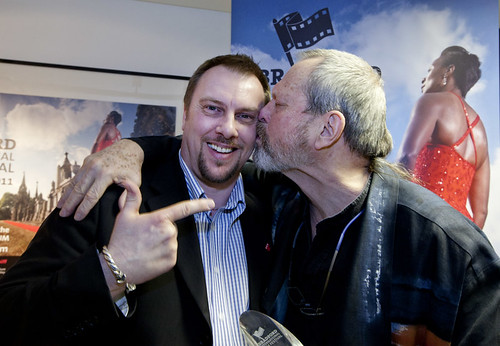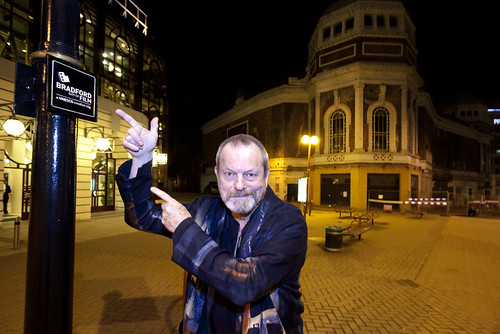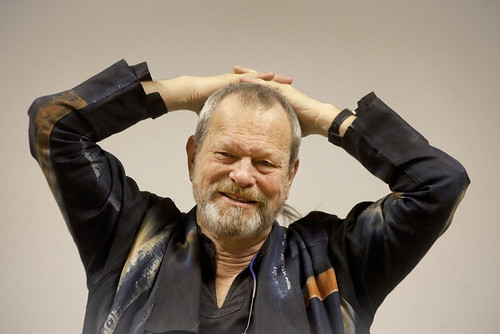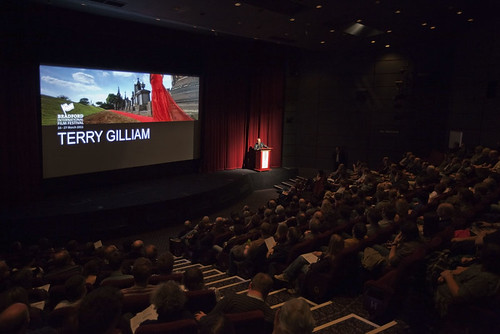Day three of BIFF, and what an action-packed day it was! I couldn’t possibly have gone to all the midnight screenings, industry seminars and the myriad screenings and events, but here’s what I did see.
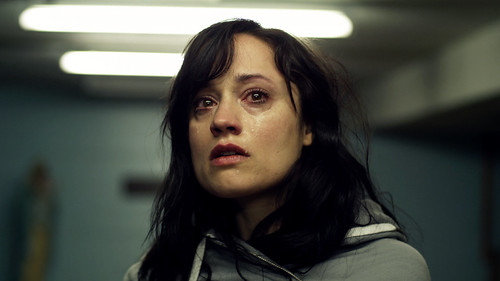
Shine Award Jury Screening
I have a great sense of nostalgia for Shine—it was the first ever film festival strand I attended in 2003, and I’m pleased to say it still delivers the same variety and quality as always. As with the Amos Vogel strand, even if you don’t enjoy a film, you know there is another contender just around the corner.
Shorts are not often given proper recognition, and showcases such as the Shine Awards reveal that they are a craft in their own right, distinct from features, providing a rare opportunity to watch emerging talent. Curated by Alissa Juvan, this year the Awards accepted submissions from outside Europe, with a separate screening dedicated to European shorts.
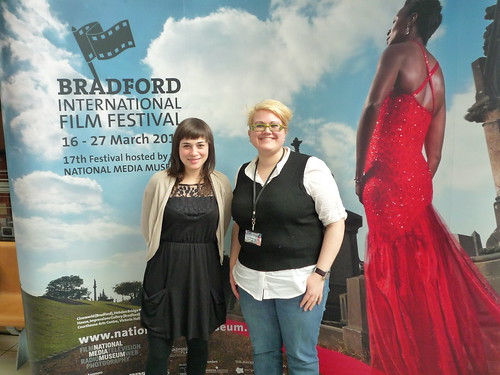
Annick Blanc, the Canadian director of Nowhere Elsewhere, was in attendance to introduce her short before jetting off to Hong Kong and then France to showcase her film—one of my top picks for the award, along with A Gentle Push. Both are beautifully shot, well-constructed pieces.
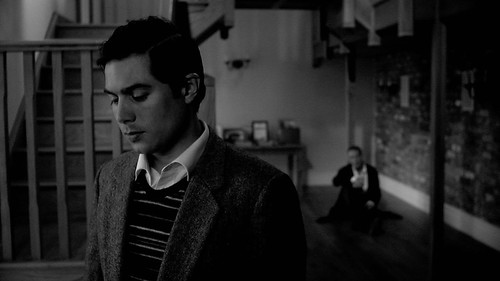
Innocent Crimes
This film was part of the Northern Showcase strand, which was established to exhibit the best in low budget films from the North and give then the recognition they rightly deserve.
Innocent Crimes, introduced by Director Jonathan Green and Producer Chris Hees, shows how far £10,000 can go. However, frankly, it wasn’t my cup of tea: I thought the story and acting were heavy-handed at times, and I didn’t enjoy the out-of-focus shots.
Innocent Crimes was meant to be in the style of a noir, but it lacked the distinctive contrast lighting, quick-witted dialogue, and complex female characters normally associated with the genre. The moments which worked for me were those of humour and adventure. A valiant attempt, but somewhat misses the mark—I would love to hear what other people thought.
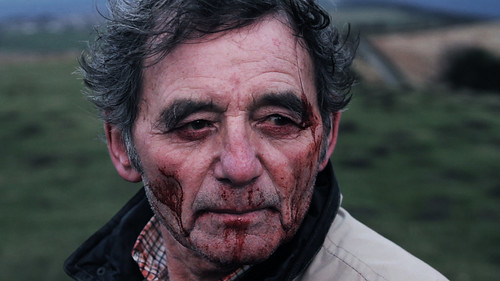
Harold’s Going Stiff
To quote a friend, ‘Harold’s Going Stiff is everything that is right with low-budget film-making’.
Innovative, funny, and ingenious, Harold’s Going Stiff shows that a low budget is no excuse for a poorly crafted film. It’s beautifully shot and nicely paced, but the real achievement is the performances. It may be a zombie film, but first and foremost it is a romance.
Pensioner Harold (Stan Rowe) is the sufferer of an advancing neurological disease which causes him to be zombie-like. Sarah Spencer plays his bubbly nurse, Penny. Their May-to-December romance flourishes in the midst of zombie-hunters and medical tests.
The supporting cast must also be given kudos—the vigilante zombie-hunters are central to some of the funniest moments in the film, but are not without drama. One of my favourite films of the festival so far; well done to all involved.
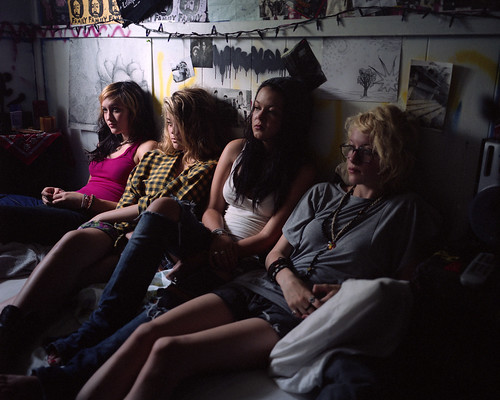
Putty Hill
Putty Hill focuses on the friends and family of a teenager who committed suicide, and how they deal with the incident. Its framing differs somewhat from mainstream narrative conventions, and the apparently improvised interviews with each of the characters leave you feeling uncertain as to which parts of the film are truth, and which are fiction. You could watch the film a thousand times and still not know.
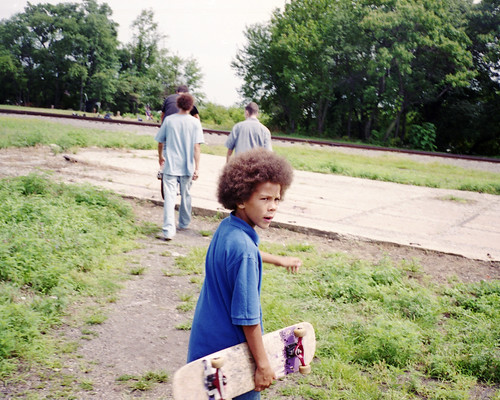
I’m not sure if this is a good thing as you don’t quite know where you stand with the characters and the events taking place. How emotionally appealing can a film be when you don’t know what to believe?
Having said that, if the film is fictitious, then the actors did a great job. Also to be admired is how director Matthew Porterfield shoots the environment in which the characters live, and the way Baltimore looks on-screen—at one time a desolate wasteland, and others, quite beautiful.
